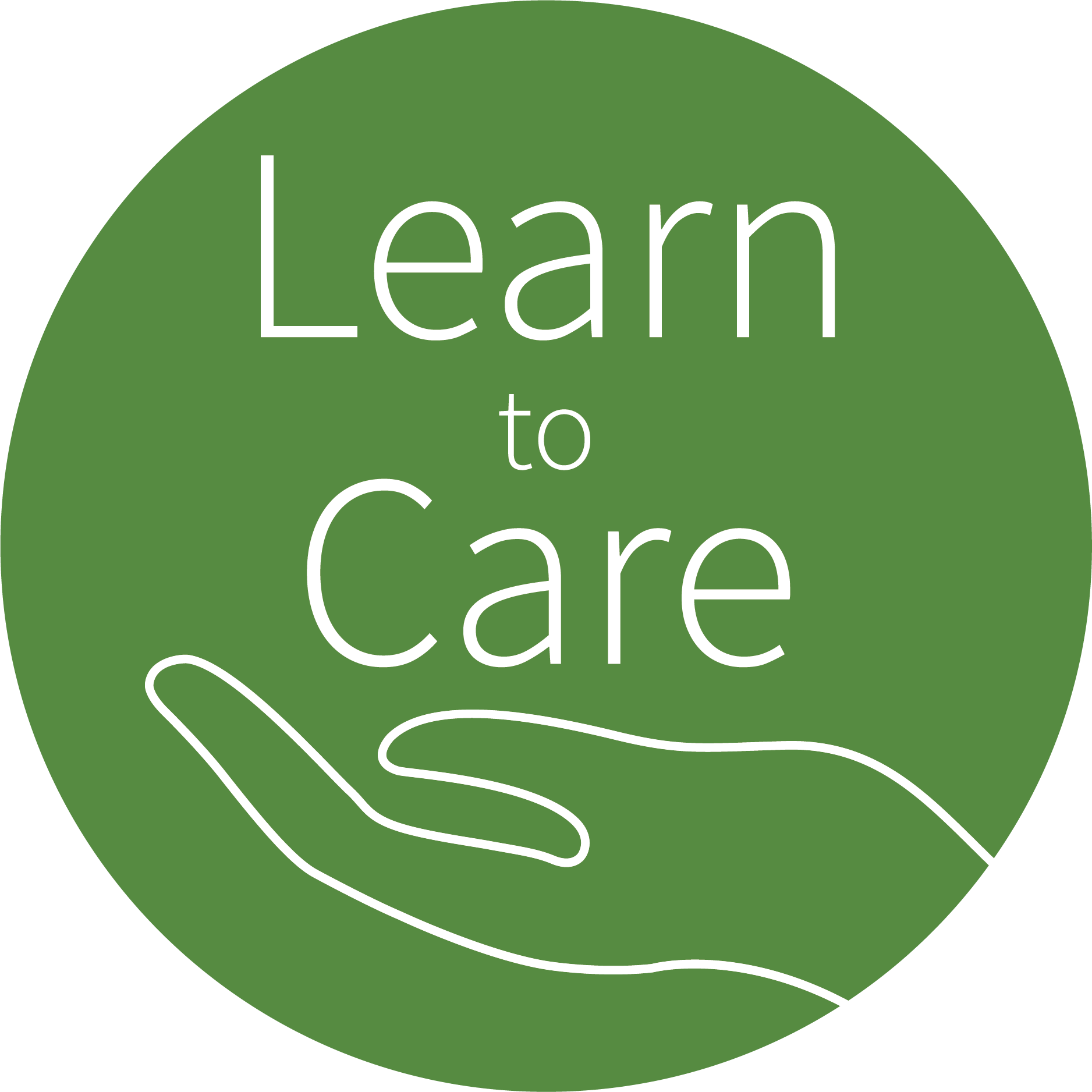
How do I behave when I feel lonely?
Do you occasionally notice patterns of behaviour in yourself that could indicate loneliness?
Take a conscious look at your own behaviour when interacting with other people - even when providing care!
Loneliness is often not always directly perceptible to you. Negative feelings that others would label as loneliness may be perceived by you more as a causeless sadness or upset. Mistrust or rejection of others - especially (still) strangers or unknown people - can also be linked to underlying feelings of loneliness.
Observing and reflecting on our own behaviour can make us aware of hidden loneliness. Both in other people and in ourselves!

Image: 849356 (Pixabay)
Just as loneliness can influence our behaviour, confronting our own behaviour can also trigger a change in our own emotional world and make loneliness manageable.

Reflection question
In this way, you can pay attention to your behaviour step by step and perhaps recognise underlying loneliness:
Imagine an encounter in which you approach someone step by step.
You can also use a mirror to observe yourself if you wish.

- What is my posture and demeanour towards others?
- How do I approach others? Do I wave to people to greet them? Do I prefer to shake hands or do I like to hug others?
- How does my facial expression affect me? How might it affect others?
- How do I talk to others? Do I have something to say? Do I let others have their say?
- What do I talk about with others? What topics do I deal with? Do I have the topics from conversations with others?
- What do I like to do with others? What interests or hobbies do I share with other people?
- What feelings can I perceive in myself when I think about my behaviour in encounters with others?

What can I do if I feel lonely?
Take courage! Have the courage to break out of your loneliness - even if it's not always so easy to do in one go.
When caring for others, it is particularly important to take care of yourself so that you can take good care of others.

Conclusion
Reflect on your own behaviour, recognise underlying feelings and take action!
This rule of thumb is a very simplified guide to moving quickly from awareness of loneliness to action. Depending on the situation, one step or another may be harder or easier, quicker or slower.
Most people who talk about their individual experiences of loneliness emphasise the need to get involved and become active.
To summarise: Our behaviour in interaction with each other can not only be a sensor for hidden loneliness, but also a key to overcoming it.
A few simple - if not always easy - behavioural options to combat loneliness:


